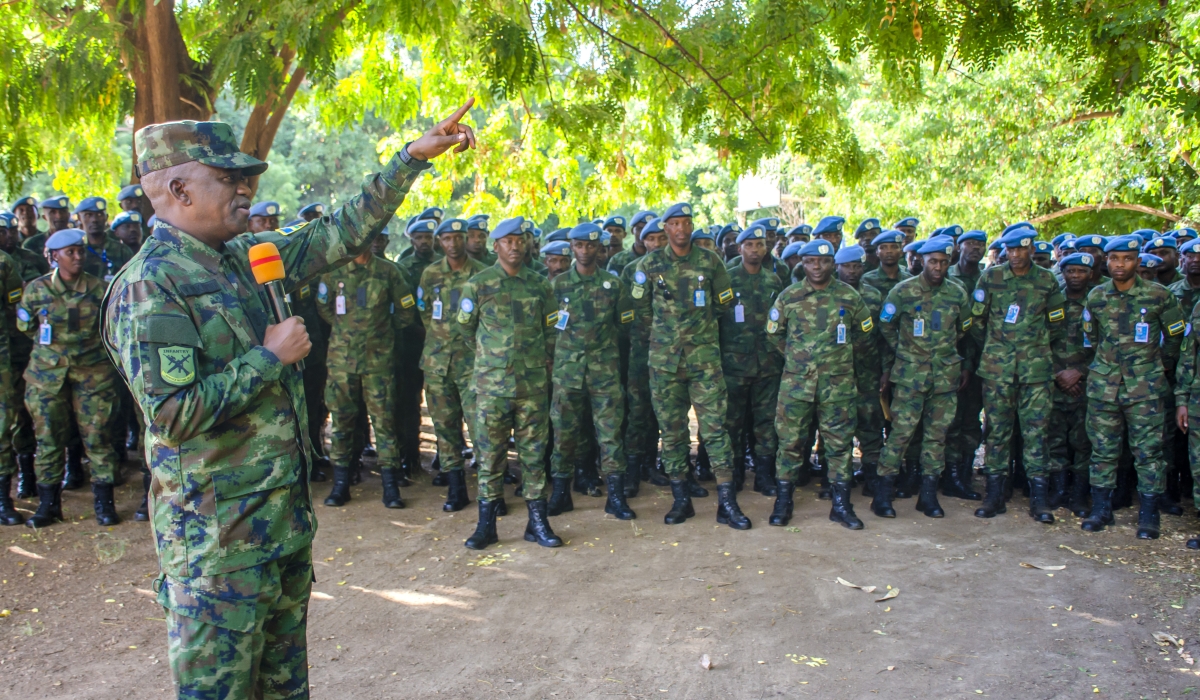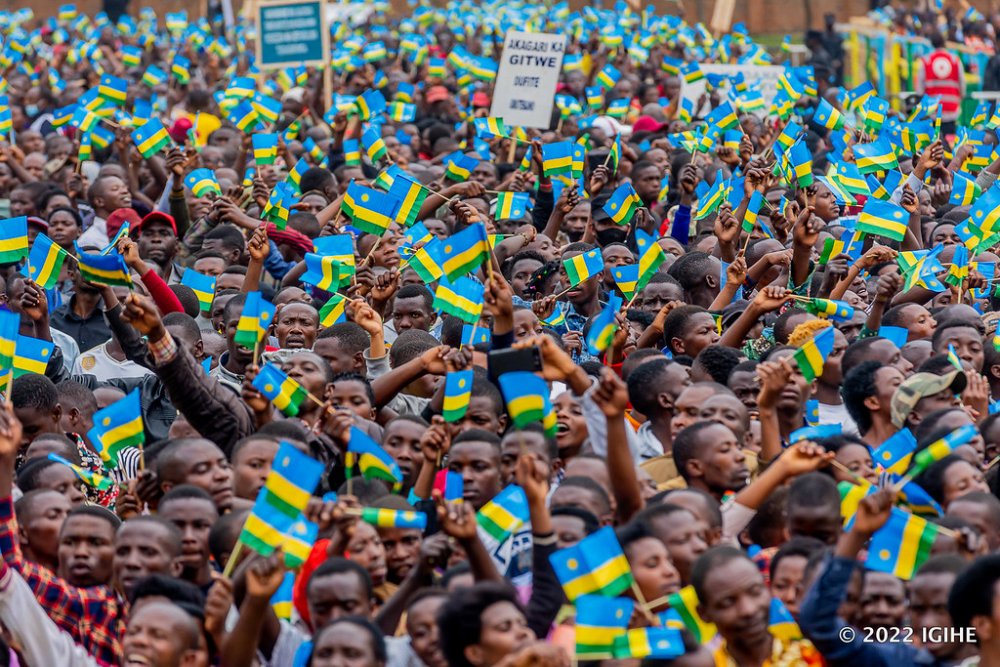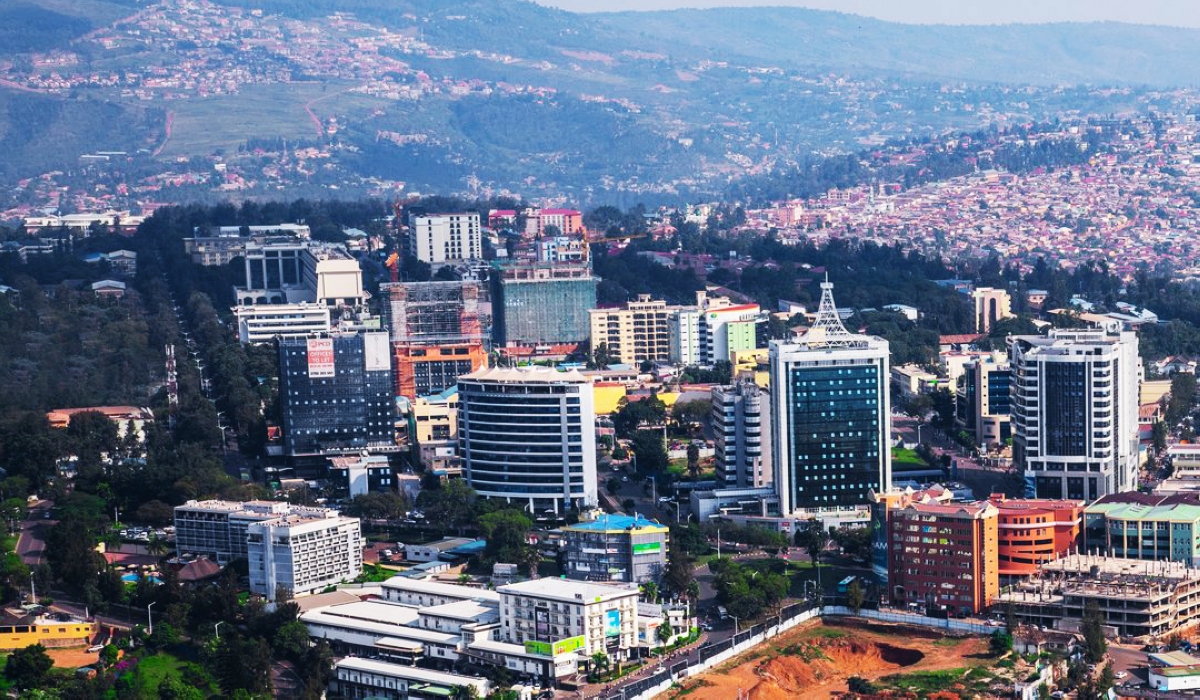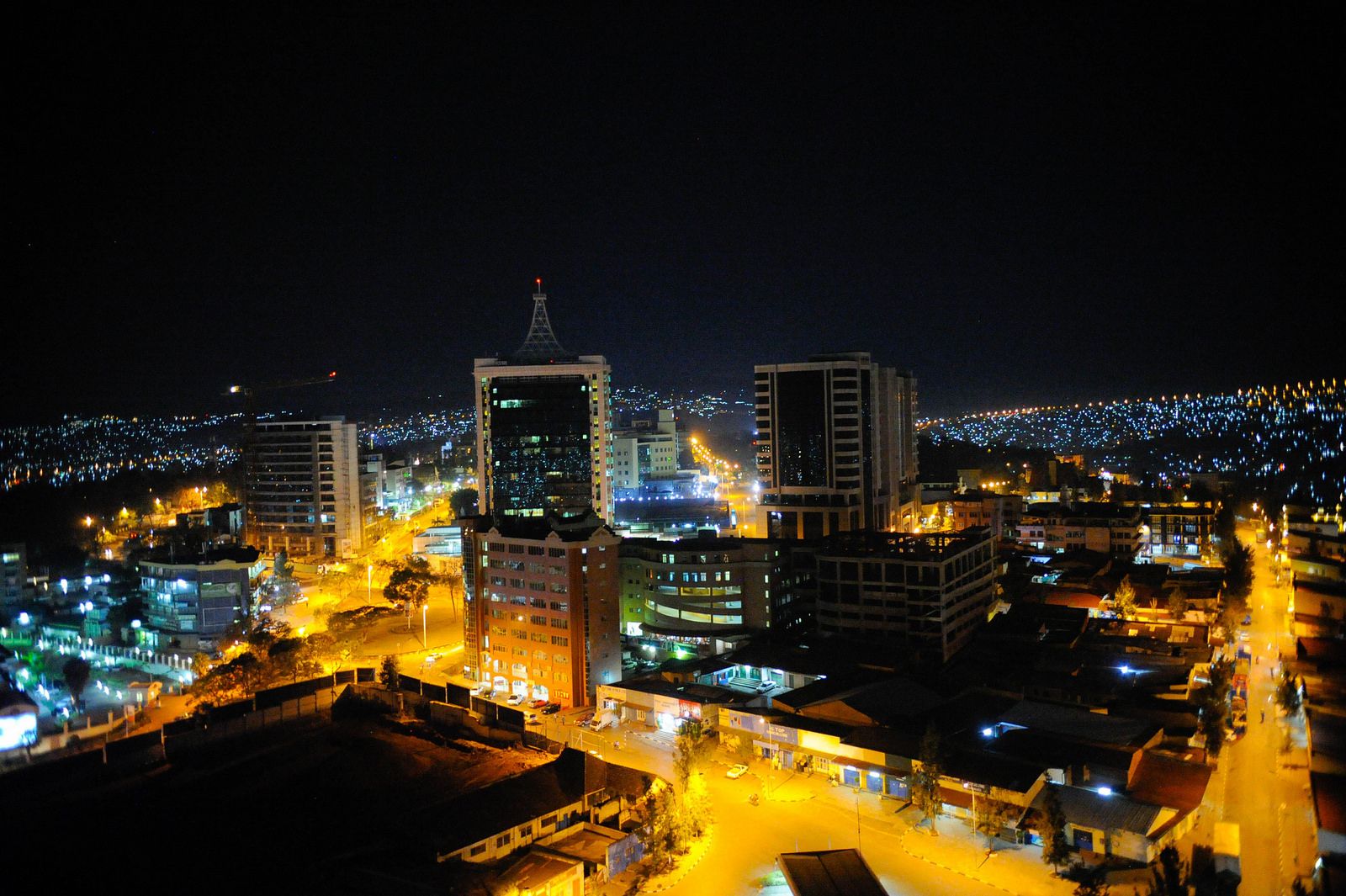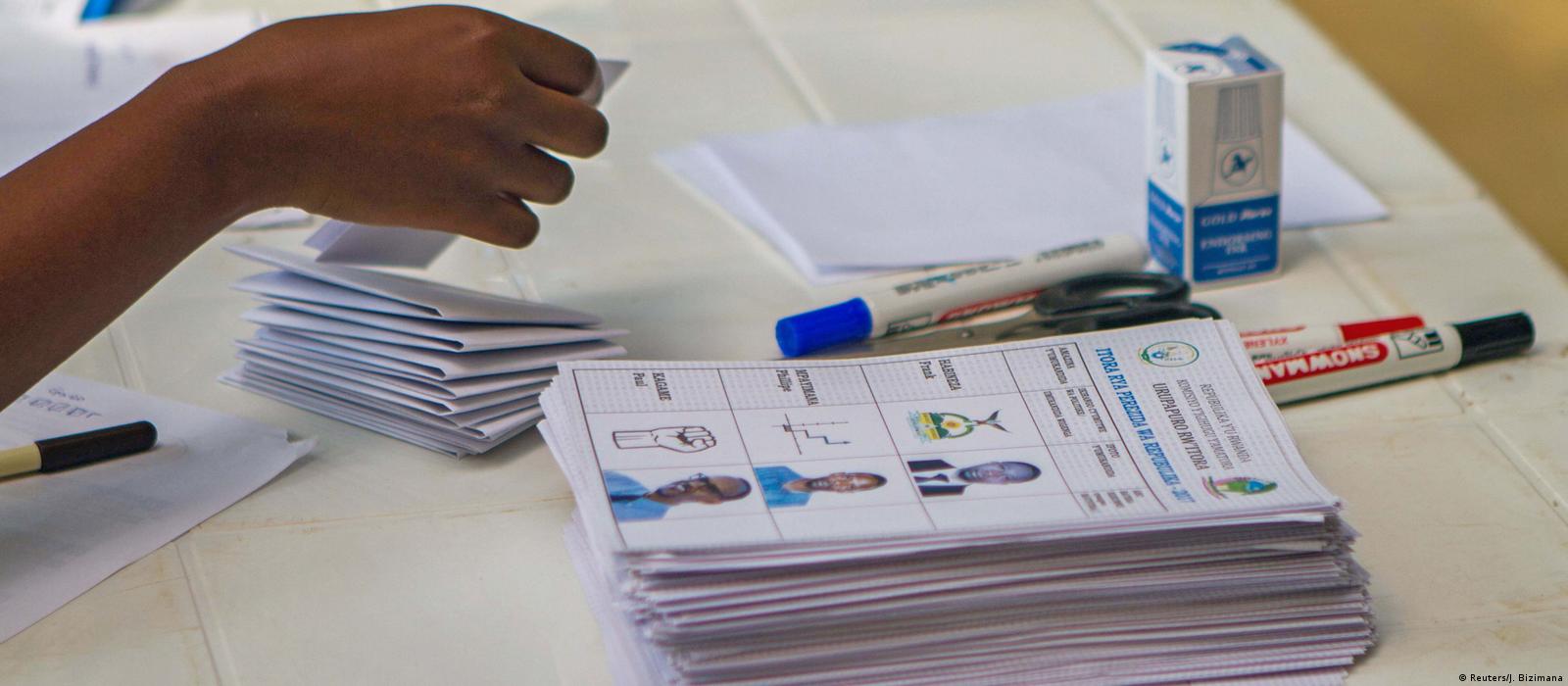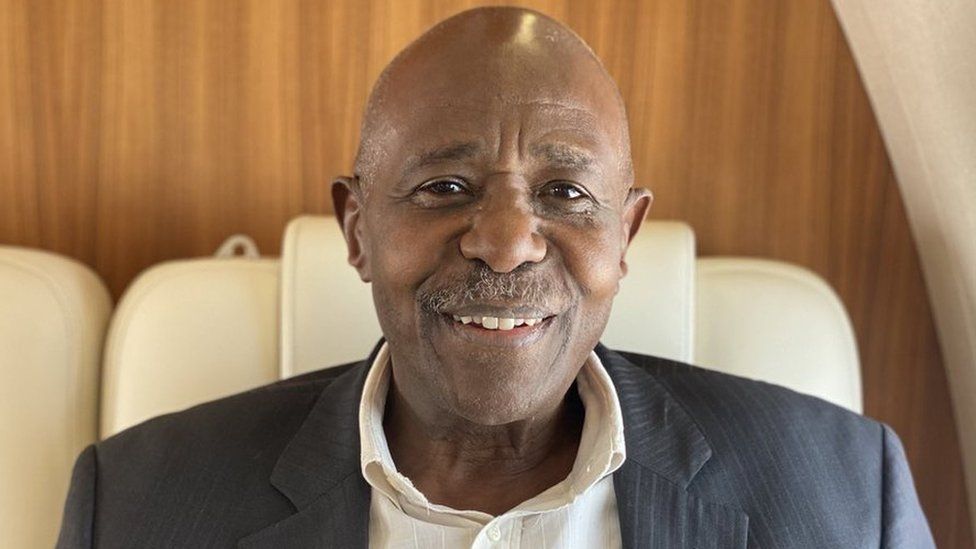Regional
Western media attacks on Rwanda will not stop country’s prosperity
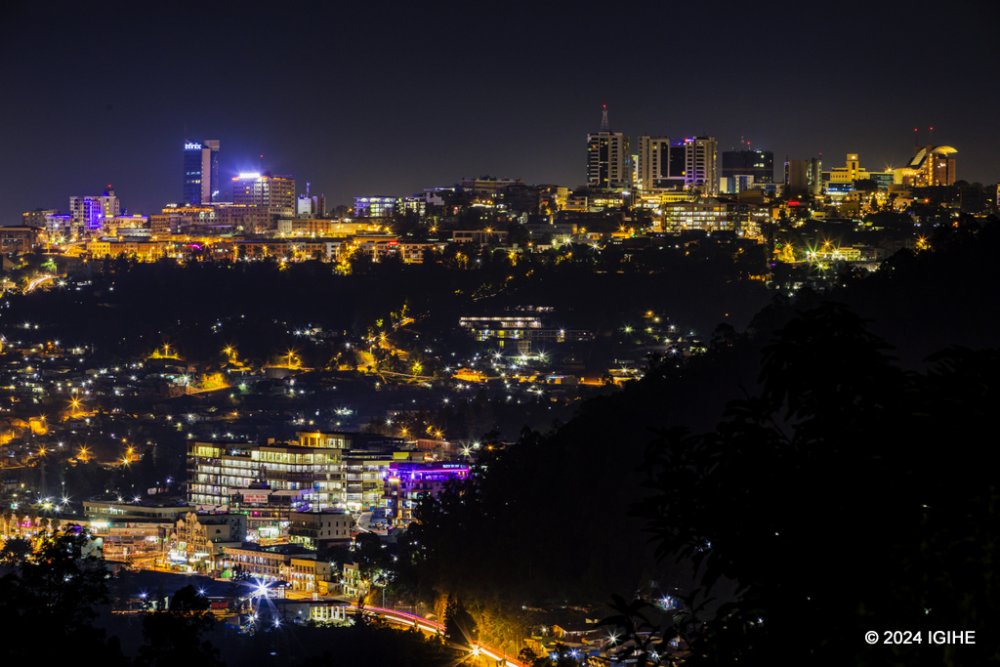
Since
July 1994, after the Rwandan Patriotic Front (RPF) stopped the Genocide against
the Tutsi, the narrative in Western countries, especially France and Belgium,
which were involved in the Genocide, was that what had happened in Rwanda was
an inter-ethnic war.
This
was especially fueled by comments from French President François Mitterrand who
referred to multiple genocides happening in Rwanda. Even after the genocide,
France received and hosted members of the genocidal government as officials
from Rwanda.
From
September 2-8, 1994, the High Command of the genocidal forces held a one-week
retreat in Bukavu, in the Democratic Republic of Congo (DRC). During this
retreat, they made several recommendations to then Rwandan President Theodore
Sindikubwabo to put pressure on the RPF for negotiations.
Some
of the recommendations included sabotaging internal security within Rwanda,
using media and friendly journalists, and sending emissaries around the world
to infiltrate the political systems of host countries.
The
recent Forbidden Stories attack on Rwanda, branded as 'Rwanda Classified,' is a
continuation of the recommendations from that meeting.
In
late May, politically motivated campaigners from Forbidden Stories, comprising
of 50 journalists from 11 countries released a series of media hit pieces,
‘investigating’ Rwanda.
Addressing
the Forbidden Stories attack on Rwanda, during an interview with public
broadcaster RBA, President Paul Kagame said that the attacks are not new and
will not last.
“Our
country has learned a great deal; we are not afraid. We have learned humility
and respect. When faced with disrespect, we ignore it. We do not engage in
unnecessary conflict. Rwanda will prosper and grow stronger every year despite
such challenges."
President
Kagame spoke from experience, stating that any attack on Rwanda is usually
timed around significant events. That the Forbidden Stories project aimed at
disturbing the presidential elections and Rwanda's 30 years of progress, is a
clear.
In
March 1998, following a series of compromising articles published by Le Figaro
journalist Patrick de Saint-Exupéry, many, including French nationals, learned
for the first time about France's role during the Genocide against the Tutsi.
Saint-Exupéry was in Rwanda during Operation Turquoise in June 1994, which
initially portrayed French troops as conducting humanitarian operations in
Rwanda.
In
response, a French judicial campaign to deny its role during the genocide and
shift blame onto the RPF began on March 27, 1998, when Judge Jean-Louis
Bruguière was tasked to investigate President Juvenal Habyarimana's plane
crash, a matter that had been cleared by the French Presidency.
In
March 2004, during preparations for the 10th Genocide commemoration, Bruguière,
with government approval, leaked his report to Le Monde newspaper, alleging
that President Kagame had a direct role in shooting down Habyarimana's plane,
although the article lacked details or evidence.
This
genocide denial narrative was celebrated by members of the genocidal government
in Europe and worldwide, hoping it would lead to the downfall of the RPF.
However, it passed without significant effect, and Bruguière's political report
was debunked.
The
Rwanda Classified project is not different that the ones in the past. It
represents a grave betrayal of journalistic principles, and the use of the
media to undermine and tarnish Rwanda’s image. In his interview on June 20,
with France24, President Kagame described the Forbidden Stories' project on
Rwanda as an act of arrogance.
Those familiar with Rwanda know that the more Western critics attack Rwanda, the more Rwandans realize that these attacks are neither the first nor the last, and Rwanda will continue to prosper.



